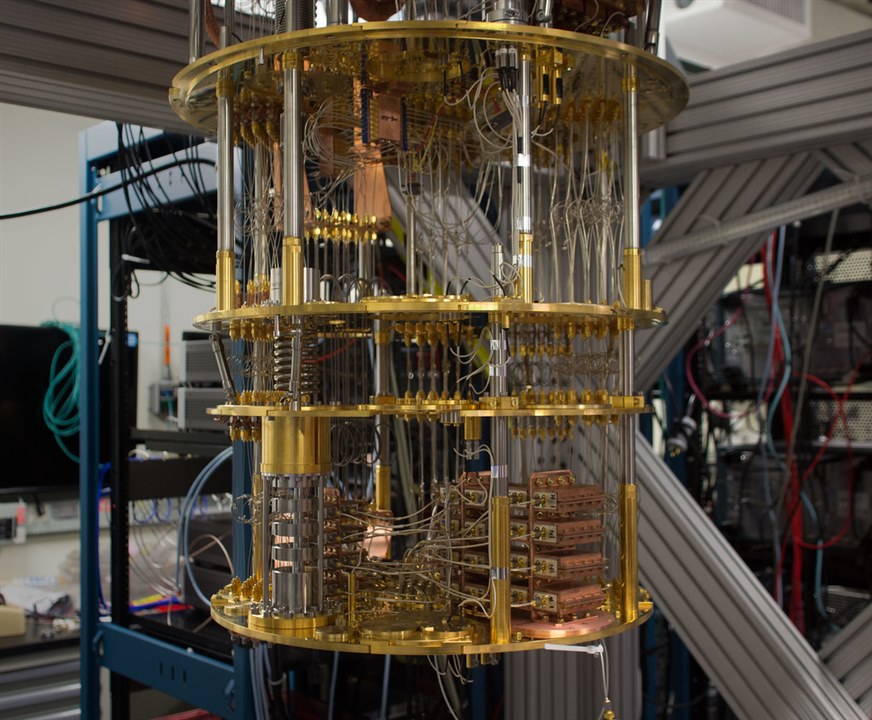
(Image credit: IBM via Flickr)
USC physicist Daniel Lidar recently released an article where he sets out to reveal the one quantum breakthrough that could disrupt scientific innovation and lead to quantum advantage. This is the area where quantum computers (QCs) could solve problems beyond the capabilities of the most powerful computers in existence. Daniel explains the concept of “quantum advantage” and how it exploits properties such as superposition, interference and entanglement for advanced problem-solving.
Quantum computing derives its power from qubits, instead of 1s and 0s, which exist in a superposition of states. But its real power comes from the addition of interference and entanglement, with the former involving the manipulation of qubits to amplify the correct solution and suppress the wrong ones. The latter, entanglement, establishes unique correlations between those qubits, boosting computational power. The applications for quantum computing are extensive, with notable processes in cryptography.
QCs currently pose a challenge to current encryption algorithms, requiring a shift to post-quantum cryptography. The NIST (National Institute of Standards and Technology) is currently developing quantum-resistant algorithms for that purpose. It also accelerates quantum simulation, boosting advancements in chemistry and material science. Quantum sensing, detecting physical properties with heightened precision, and a quantum internet are also talked about in Daniel’s article and highlighted as transformative initiatives.
Despite its potential, the QC field poses issues in software and hardware development, primarily concerning decoherence, a state where qubits degrade. Overcoming errors is another problem that needs mitigating, and many startups, alongside major tech companies such as IBM and Google, are in the process of navigating those challenges. That said, the global recognition of QC’s potential is evident via substantial investments from governments, academic institutions and industries. Daniel, however, does warn about the possibility of a “quantum winter,” a reduction in those investments if practical results aren’t produced in a timely fashion. We should probably have a functional, long-running quantum computer first before that happens.
Have a story tip? Message me at: http://twitter.com/Cabe_Atwell

-

DAB
-
Cancel
-
Vote Up
0
Vote Down
-
-
Sign in to reply
-
More
-
Cancel
Comment-

DAB
-
Cancel
-
Vote Up
0
Vote Down
-
-
Sign in to reply
-
More
-
Cancel
Children